If The Crown is a rollercoaster, then Season One represents the train leaving the station, and Season Two represents the train climbing the chain lift. All ten episodes of the second season are devoted to the tension mounting between Elizabeth and Philip, as well as Margaret and her new beau – Antony Armstrong Jones, 1st Earl of Snowden, Constable of Caernarfon Castle, and revered British portraitist. Set against the backdrop of the fall of the Suez Canal and the Kennedy assassination, Season Two of The Crown knows that it has one job and one job only: to prove that the Establishment is a powder keg, one supercharged with enough volatility to erupt at any moment. And even though we never really see the institution combust, the filmmakers promise us (without saying it) that it’s going to happen. With the inevitability of such bedlam in the not-too-distant future, The Crown’s second season walks a fine line between muted political beats and full-blown relationship drama, all of which are thematically mirrored (or subverted) through the season’s impeccable soundtrack of licensed music.
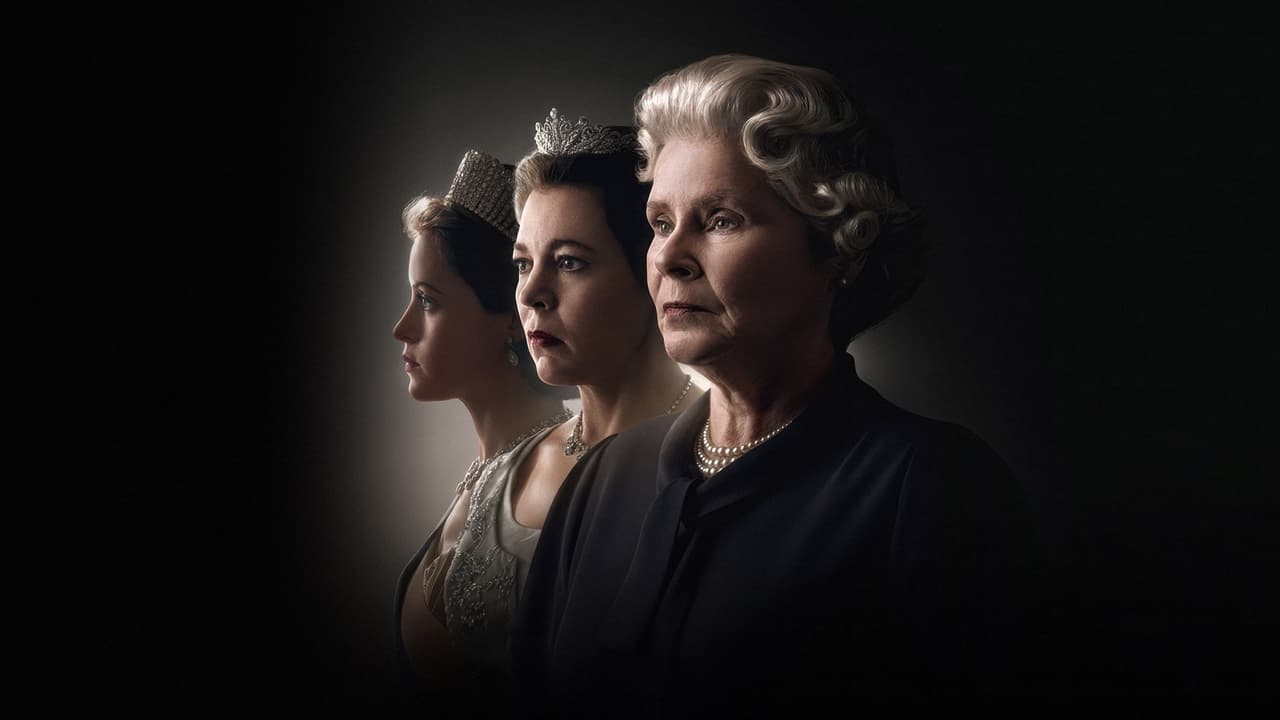
 81%
81% 78
78 8.6
8.6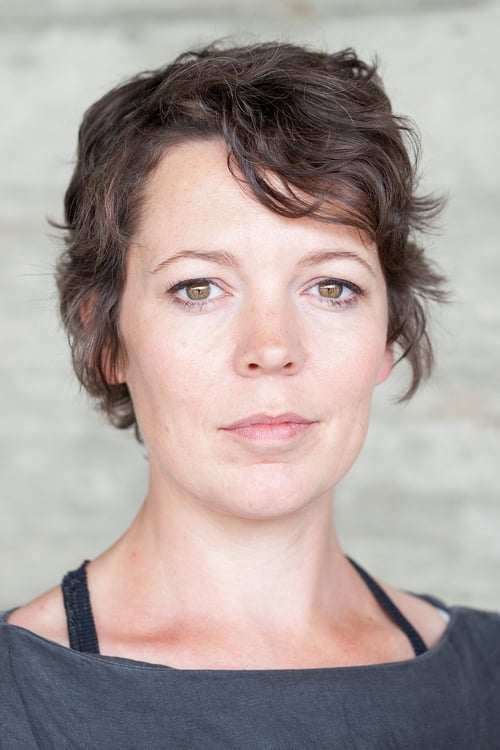
Olivia Colman
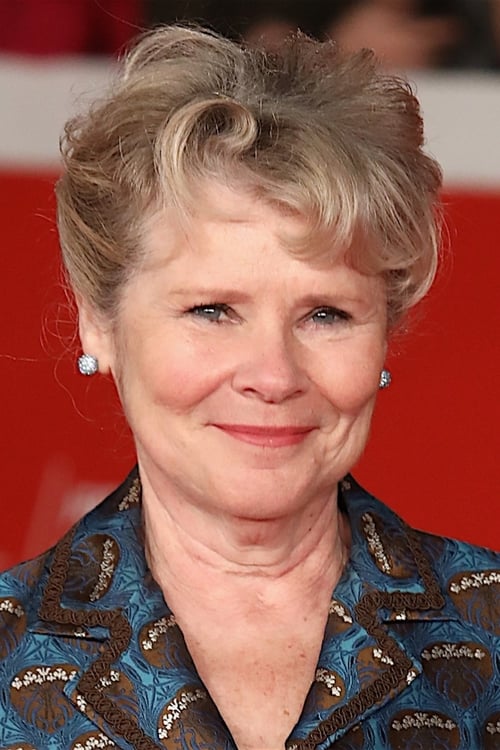
Imelda Staunton
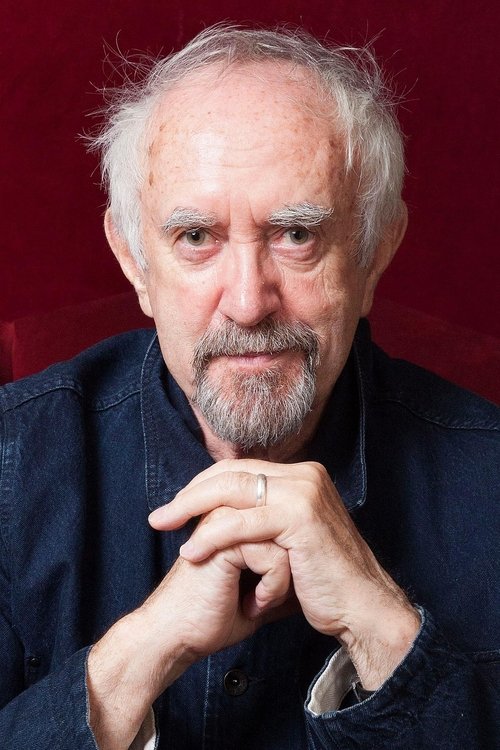
Jonathan Pryce
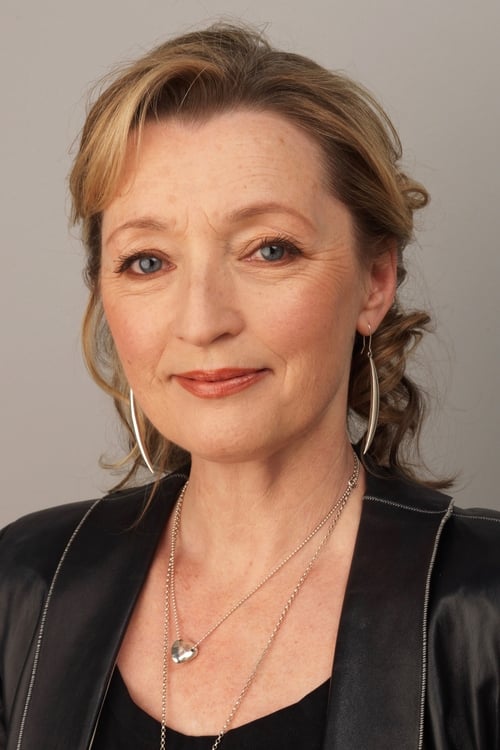
Lesley Manville
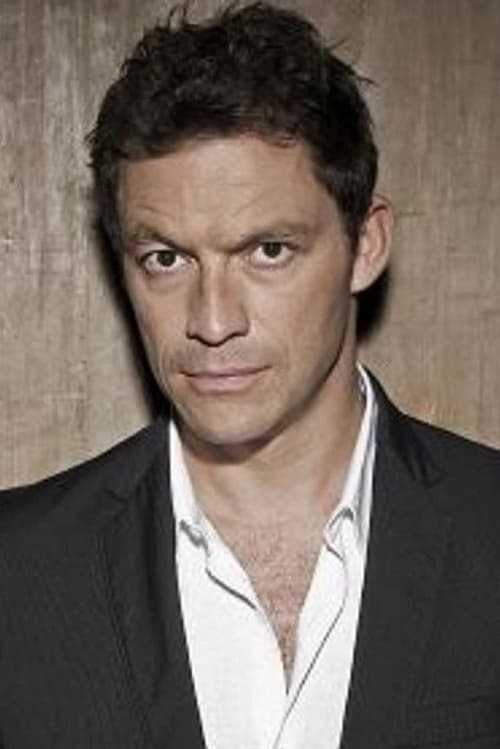
Dominic West
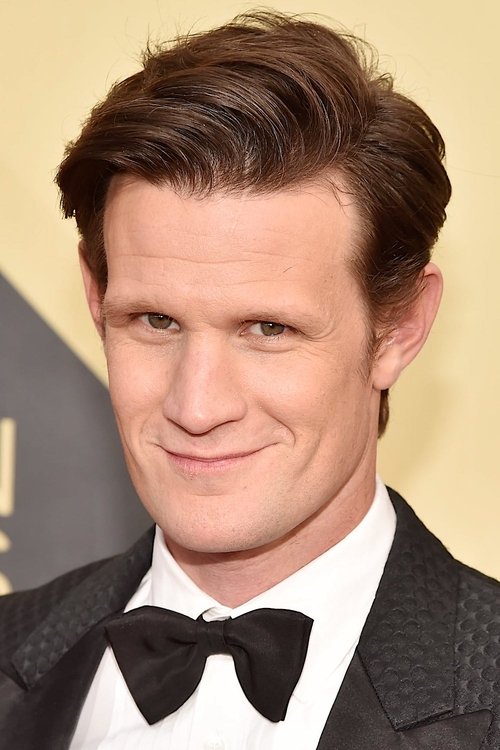
Matt Smith
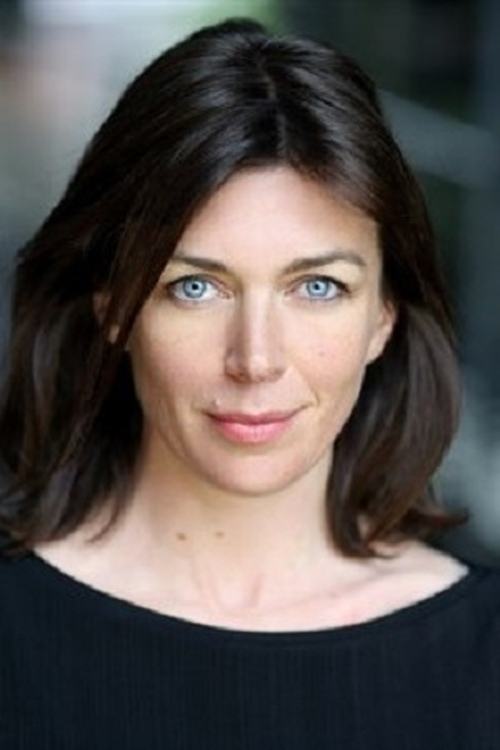
Claudia Harrison
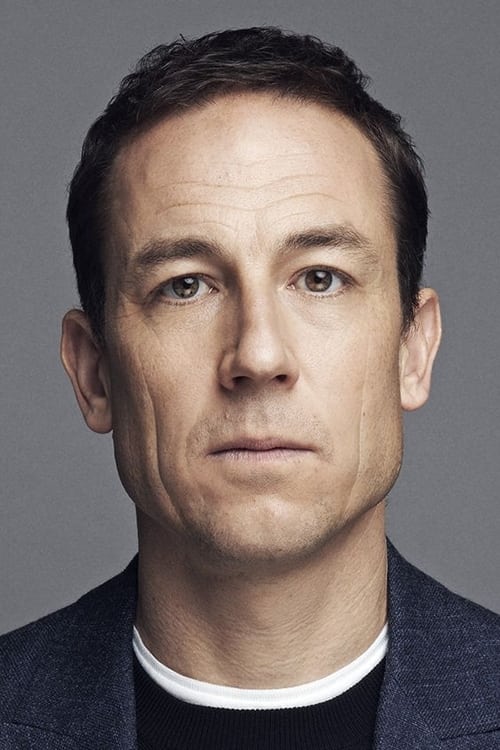
Tobias Menzies
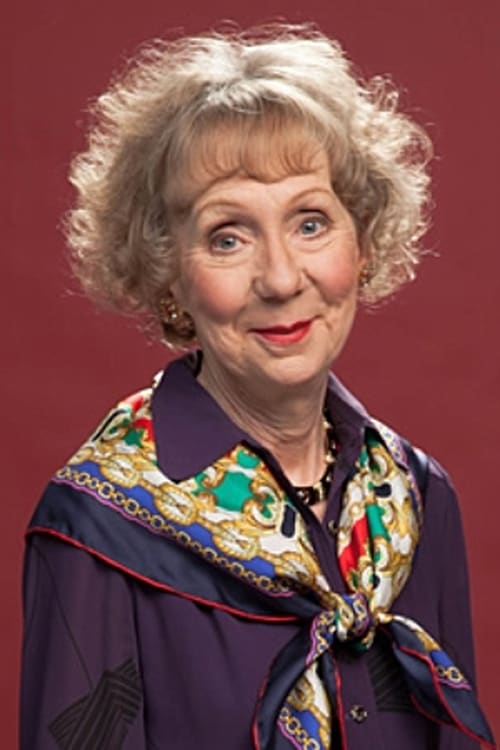
Marcia Warren
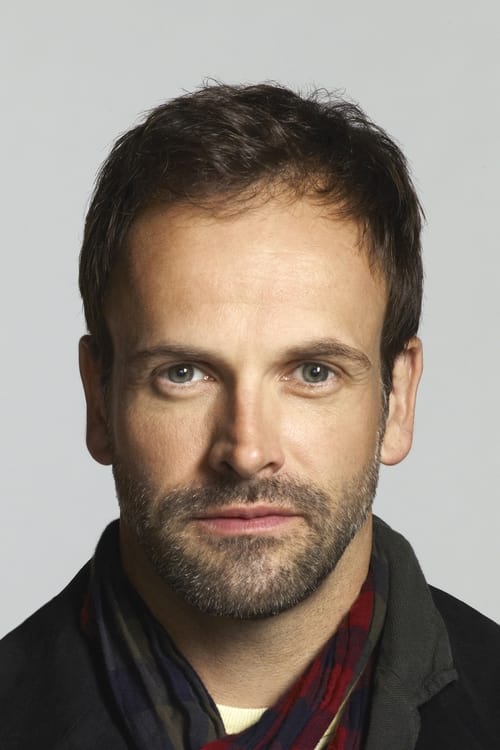
Jonny Lee Miller
Misadventure
Directed by Philip Martin
The first episode of the season sees Queen Elizabeth II at the ballet for a production of Giselle, or les Wilis. It is a revered piece of classical ballet about a woman named Giselle who dies of heartbreak upon learning that the nobleman she’s in love with lied to her about his identity. Giselle then joins a deadly sisterhood of ghosts called the Wilis, an ensemble of unmarried women who died from being betrayed by their husbands. What prompts the queen to go to the ballet is a photo of the show’s lead ballerina, a woman named Galina Ulanova, which Elizabeth finds in Philip’s briefcase just before he’s about to embark on a royal tour. In order to catch a glimpse of her competition, Elizabeth attends the ballet by herself. There, she locks eyes with Galina during the ballerina’s standing ovation at the end of “Giselle ou Les Wilis: Ballet-Pantomime in Two Acts: Act 2: Apparition De Myrthe Et Évocation Magique” by Slovak Radio Symphony Orchestra. Quite obviously, Giselle’s situation mirrors the queen’s own, for she is forced to reconcile the notion that there may be a shadowy facet of Philip’s character of which she’s either unaware or has turned a blind eye.
A Company of Men
Directed by Philip Martin
While at the height of his royal tour, Philip and his fleet rescue an Australian castaway from a naval patrol boat and bring him aboard the HMY Britannia. This scenario brings Philip toe-to-toe with the ship’s Flag Officer, who insists the castaway be deposited at the nearest island, while Philip insists the man be sailed back to his family. Ultimately, Philip wins the fight because, well, he’s the Duke of Edinburgh, and the Flag Officer is, well, a flag officer. As the duo debate what to do with the castaway, “I’ve Never Been in Love Before” by Doris Day echoes softly on a radio in the background. When not returning castaways to their homeland or growing their beards as long as possible, the company of men alongside Philip for his tour write letters back to their homeboys in London detailing the crew’s sexual exploits. Most of the men are married, after all, which makes these letters all the more threatening to the British aristocracy. But more importantly, Day’s song highlights an obvious truth about the majority of the men on Philip’s crew: none of them are really in love because if they were, they wouldn’t use their time aboard Britannia to cheat on their wives.
Beryl
Directed by Benjamin Caron
Season Two of The Crown introduces us to Antony Armstrong-Jones, perhaps the most colorful and sexually curious character of the entire series cast. Portrayed by Matthew Goode, Armstrong-Jones uses his keen eye as a photographer to lure Princess Margaret into an erotic portrait session. Sporting nothing save a pair of earrings, Jones’s portrait of the princess shook the public to its core in 1959. Completely seduced by the attention Jones pays to her, Margaret and the man develop an intense attraction to one another. Jones has all of his subjects sign a mirror in his studio with a diamond, and as such, Margaret signs her name as “Beryl” upon Jones’s suggestion since the word rhymes with peril.
As Tony and Margaret flee Tony’s studio behind the wheel of his motorcycle, they are followed by one of the Crown’s drivers. In order to ditch him, the duo pick up speed against the backdrop of “The Four Seasons: Spring 1” by Vivaldi and remastered by Max Richter. This particular tune will become their suite, for the song appears again in Matrimonium as the two continue to ride around town on Tony’s motorbike and make love. The filmmakers chose “Spring 1” of Vivaldi’s four seasons because it represents many things that parallel Tony and Margaret – young love, the rebirth of romance, and the dawn of a new decade: the 1960s.
As Beryl comes to a close, and Margaret’s racy picture is published in the press, “I Only Have Eyes for You” by the Flamingos plays both diegetically and non-diegetically between two very different relationships. The first is of Elizabeth and Philip, who reach the top of the stairs in their sleeping quarters and go to their separate bedrooms without so much as a kiss or a hug. The second is of Margaret and Tony. Margaret finds herself dancing around her room in her bra in a lovestruck haze, seemingly to the song by the Flamingos, while Tony develops Margaret’s portrait in his darkroom. It’s such a good song, as engaging today as it was upon its release in 1959, with plenty of smooth sha-bop sha-bops and soft percussion, capable of romancing any listener.
Marionettes
Directed by Philippa Lowthorpe
Episode Five sees Elizabeth visit a car factory, where she makes a tone-deaf speech about how the workers are essentially admirable for “leading uneventful, lonely lives where dreariness is the enemy.” She goes on to say that the workers “don’t understand their ability to withstand the fatigue of dull, repetitive work” and that the upward course of a nation’s history is “due in large part to its average men and women.” At the same time, a group of people at a dentist’s office in central London listen to Elizabeth’s speech on the radio, making faces and locking eyes with one another at the ludicrous nature of her words. Ultimately, someone stands up from their chair and switches the station to a happy ditty called “Let’s Have a Wonderful Time” by John Barry & the Seven. Suddenly, everyone’s faces light up, and the people in the waiting room start tapping their feet and shaking their heads at the queen’s inability to empathize with the working class.
One of the people in the dentist's office during Elizabeth’s car speech is a man called John Grigg, or the 2nd Baron Altrincham, who was the editor of the National and English Review from 1954 to 1960. Upon hearing the queen’s speech, he immediately races home to type up an article with his wife (Patricia) about the monarch’s “classless” voice and “superficial” tone. In the background, as they type their article, “The Train and the River” by Jimmy Giuffre plays in the study. As we know, a river is constantly changing and flowing; it defies the very concept of stagnancy. But a train will run along the same track, back and forth, forever and ever, without a change in sight. (Just look at the MTA or Amtrak.) The metaphor is, therefore, plain: Elizabeth is the train, and Altrincham is the river. In his article, Altrincham states, “When she has lost the bloom of youth, the Queen's reputation will depend, far more than it does now, upon her personality. As yet, there is little sign that such a personality is emerging. But will she, above all, see to it that Prince Charles is equipped with all the knowledge he can absorb without injury to his health and that he mixes during his formative years... not merely with future landowners or stockbrokers?”
Matrimonium
Directed by Benjamin Caron
Perhaps the most risqué and sexually charged episode of the entire series rests with Episode Seven, Matrimonium. It is here that the filmmakers devote a full hour to the sexual exploits and conquests of Antony Armstrong-Jones. Between his threesomes with a couple known as Mr. and Mrs. Fry and several scenes of him having sex with women or lying in the bluff around his studio, it becomes clear to the viewer very quickly that this person will probably not meld well with the Establishment. The episode begins with Peter Townsend and Princess Margaret in their respective bedrooms, synced with “The Wonder of You” by Ronnie Hilton. The song’s meaning is twofold. Quite obviously, it refers to the wonder and romance Margaret feels for Peter Townsend, but it also refers to the rumors that people wonder about her future husband, the Earl of Snowden. So when Margaret learns that Townsend is to be married to another woman, she throws herself headfirst at Jones despite the warnings that circulate about his sexual exploits. Despite his playboy status, Antony’s mother (Anne Messel, Countess of Rosse) insists that Jones marry Margaret to bring honor to the family name. Even though it’s obviously a match made in hell, Margaret accepts the proposal in order to erase Townsend from her mind – or at least try to.
Dear Mrs. Kennedy
Directed by Stephen Daldry
It’s always fun when worlds collide, particularly when those worlds are Britain and America in the early 1960s, as presented to us in Dear Mrs. Kennedy. Braced for a visit from the 35th President of the United States, Elizabeth admits to harboring a bit of anxiety as it pertains to meeting the First Lady, Jackie Kennedy. They’re polar opposites, or at least, that’s what everyone seems to be telling the queen. Elizabeth is frumpy. Jackie is glamorous. Elizabeth is awkward. Jackie is charismatic. Elizabeth is base. Jackie is gorgeous. So, in order to spruce herself up, Elizabeth seeks the consultation of a tailor in anticipation of the Kennedys’ visit. In fact, she tells the tailor that she wants something that won’t make her feel “second best.” While proposing an outfit to the queen, a song from the early days of British pop called “Wheels (Cha Cha)” by Joe Loss and His Orchestra is overlaid against the consultation.
Yes, the tune is catchy and gives an air of excitement that may precede a special occasion or a historical event, but look twice at the track’s title. Wheels. After all, the queen’s guest of honor – JFK – will be executed in just two years’ time while traveling through Texas on what? Yup, wheels. It’s a haunting presentiment, to be sure, one that parallels another bizarre tragedy that would occur on wheels pertaining to the Royal Family in Paris on the last day of August 1997.
Paterfamilias
Stephen Daldry
One of the most disturbing moments in Season Two comes in the form of a flashback from Prince Philip’s POV. Paterfamilias uses parallel structure to bounce back and forth between Philip and Charles’s time at Gourdonstoun, a Scottish boarding school with a flair for athletics and hazing. The point of the structure is to juxtapose the father’s time at school with his son’s, ultimately exposing the stark differences between Philip and Charles as people. Philip is depicted as a boy desperate to become an alpha male, someone who starts fights and sabotages his peers while training for the end-of-year obstacle course. Meanwhile, Charles is depicted as a quiet boy who is shy and gets bullied and shoved to the ground more times than he can count. It’s a stark contrast, for Charles is the type of boy Philip would have either bullied or dominated if they’d been at Gourdonstoun together.
While Philip’s enrolled at Gourdonstoun, his favorite sibling (Princess Cecilie of Greece) dies in a plane crash. Philip returns home for her funeral, a horrifying procession through the streets of Darmstadt lined with more swastikas than any other sequence in the entire show as Mozart’s “Requiem in D. Minor, K. 626” echoes in the background. This song was used in the previous season, in the episode Act of God, to relay the feeling of a higher power’s interference with the plot. However, this time, rather than a dense fog that blinds the city of London, it’s a plane crash that takes Philip’s sister from him. The track makes for some chilling listening, which is perhaps what prompted the filmmakers to use this masterwork by Mozart when the events of the narrative stretch beyond the hands of mere mortals.
Mystery Man
Directed by Benjamin Caron
The season finale opens with Prince Philip doing his morning workout against the song “Man of Mystery” by The Shadows. Ultimately, the Duke of Edinburgh hurts his neck and gets in touch with a chiropractor named Stephen Ward. Ward is most famously responsible for the Profumo Affair, a major political scandal that put an end to Harold Macmillan’s Conservative government in October 1963. Long story short, Ward would host parties at a cottage in Cliveden of Buckinghamshire for a guest list that included everyone from foreign dignitaries to young models, members of the royal family, and even Russian spies. When word reached the public of these soirées, John Profumo (a Conservative MP under Macmillan) committed suicide upon learning that he’d been sleeping with a nineteen-year-old model (Christine Keeler) who had ties to Captain Yevgeny Ivanov, a spy in England working for the Soviet Union. Several pictures of these parties reached the press, one of which included the back silhouette of a man bearing an uncanny resemblance to the Duke of Edinburgh.
Unable to identify the silhouette for certain, the tabloids take to calling him the “mystery man” of the Profumo Affair, making “Man of Mystery” an extremely apt track for the episode’s opening. When Elizabeth questions her husband about his involvement with Ward and Profumo, Philip states that he visited Ward for osteopathic help, but that’s all. Elizabeth explains that the intelligence services have amassed a small collection of hand-drawn portraits of the Duke by Stephen Ward, revealing that the two were closer than Philip has let on. Yet he denies it. So, Elizabeth pulls out her masterstroke, the picture of Galina Ulanova that she’d found in Philip’s suitcase in the season’s first episode, Misadventure. Knowing he’s caught, the prince gets on one knee and bows before his wife, placing his head in her lap. Is he asking for forgiveness? Perhaps. But more likely, as viewers will know, he’s asking for permission not to change.
Check out the full The Crown: Season Two soundtrack here.


